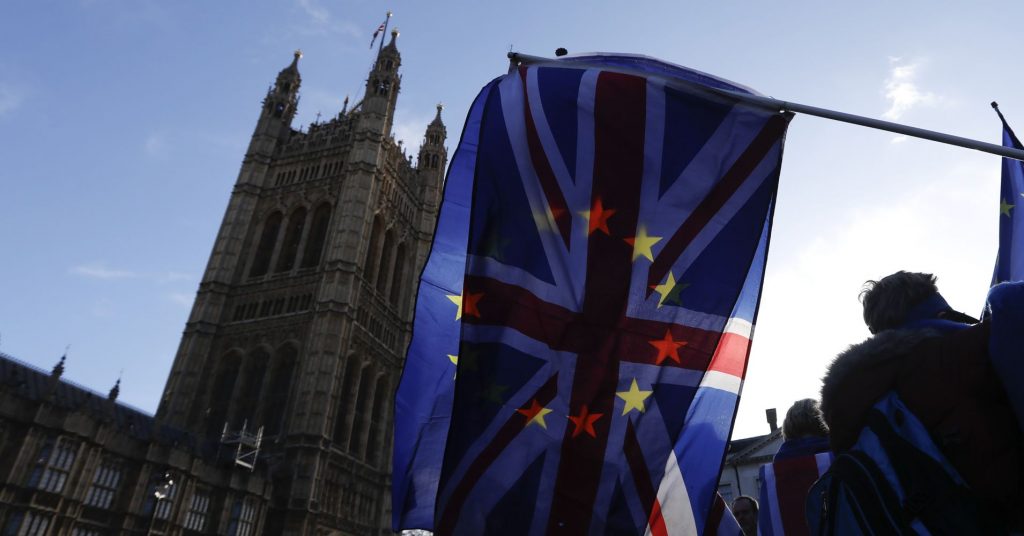
Disappointing results from construction machinery giant Caterpillar and a pessimistic revenue forecast from chipmaker Nvidia point to a broader impact to the global business community from China’s economic slowdown, analysts said on Tuesday.
“Caterpillar and Nvidia are not the first companies to blame China for their afflictions, but both companies are seen as industry bellwethers,” Rodrigo Catril, a senior currency strategist at the National Australia Bank, said in a Tuesday note.
The outlooks from those companies — Caterpillar joined Nvidia in issuing disappointing guidance — “tend to be regarded as important” because they can “provide a macro/global growth guidance from a business perspective,” Catril told CNBC.
So, the commentary from both of those companies paints a worrying picture for Chinese growth.
“Their disappointing results provide further evidence that this time China’s slowdown is for real,” he said in the note.
On Monday, Caterpillar shares fell 9.1 percent after the industrial giant posted weaker-than-expected earnings for the fourth quarter, and issued that disappointing guidance. The company said specifically that its sales in the Asia Pacific region declined because of lower demand in China.
Nvidia, meanwhile, dropped 13.8 percent after slashing its fourth-quarter revenue guidance to $2.2 billion from $2.7 billion. The chipmaker said “deteriorating macroeconomic conditions, particularly in China,” impacted demand for its graphics processing units.
Those are not the only companies blaming China for slowing sales. Apple cut its sales forecast earlier this month, with CEO Tim Cook pointing to slowing iPhone sales in China.
“(Caterpillar and Nvidia) highlight that, across a wide spectrum of businesses, China’s faltering economy is also having an impact on the US,” Tobin Gorey, a strategist at the Commonwealth Bank of Australia, said in a note.
Caterpillar derives 59 percent of its sales from outside of the U.S. and nearly a quarter of its revenue from the Asia Pacific region, according to figures from Goldman Sachs last year.
Slowing growth in China — which has likely been made worse by the ongoing trade war between the world’s two largest economies — is hitting American companies hard, experts said.
In fact, according to Gorey, the trade war “highlights a very fundamental truth about US‑China relations.”
“The two are unavoidably symbiotic. Both are huge influences on the world economy. The pair thus cannot separate themselves,” he said. “And the economic health of one correlates positively with the other. So if one inflicts pain on the other, they both eventually feel it too.”
In December, U.S. President Donald Trump and Chinese President Xi Jinping agreed to halt any further tariff increases on each other’s products during a 90-day period in which both countries would continue to negotiate a trade deal.
Margaret Yang, market analyst at CMC Markets, said the guidance from Caterpillar and Nvidia paints a weaker outlook for the peak earnings season. More than 100 S&P 500 companies are scheduled to report their earnings, including Apple, Microsoft, Amazon and Facebook.
“The trade and growth uncertainties surrounding markets over the past few months has started to materialise and Trump’s radical trade policy has resulted in adverse economic impact to even the American companies,” Yang said in a note.
Goldman Sachs in a Friday note warned its clients about companies with big revenues from China. In addition to Nvidia, it called out Broadcom, Micron Technology, Qualcomm, Qorvo, Skyworks Solutions and Wynn Resort.
China last week reported that its 2018 economic growth rate came in at 6.6 percent — the slowest pace since 1990. J.P. Morgan wrote in a January report that the economic slowdown is likely to continue in 2019.
The uncertainty about the outcome of trade negotiations between U.S. and China remains high, and the conflict could escalate again in the second half of this year, Haibin Zhu, J.P. Morgan’s chief China economist and head of China equity strategy, said in the bank’s report.
Zhu, who warned that the trade war could even transition to “non-tariff actions,” sounded a pessimistic tone on the future of U.S.-China relations.
“In the long term, China and the US are unlikely to regain their past relationship. The negative impact on trade, business incentives, and the acceleration in global supply chain relocation could be postponed due to the temporary truce, but are unlikely to disappear,” he said.
—CNBC’s Tom Franck, Yun Li and Fred Imbert contributed to this report.

